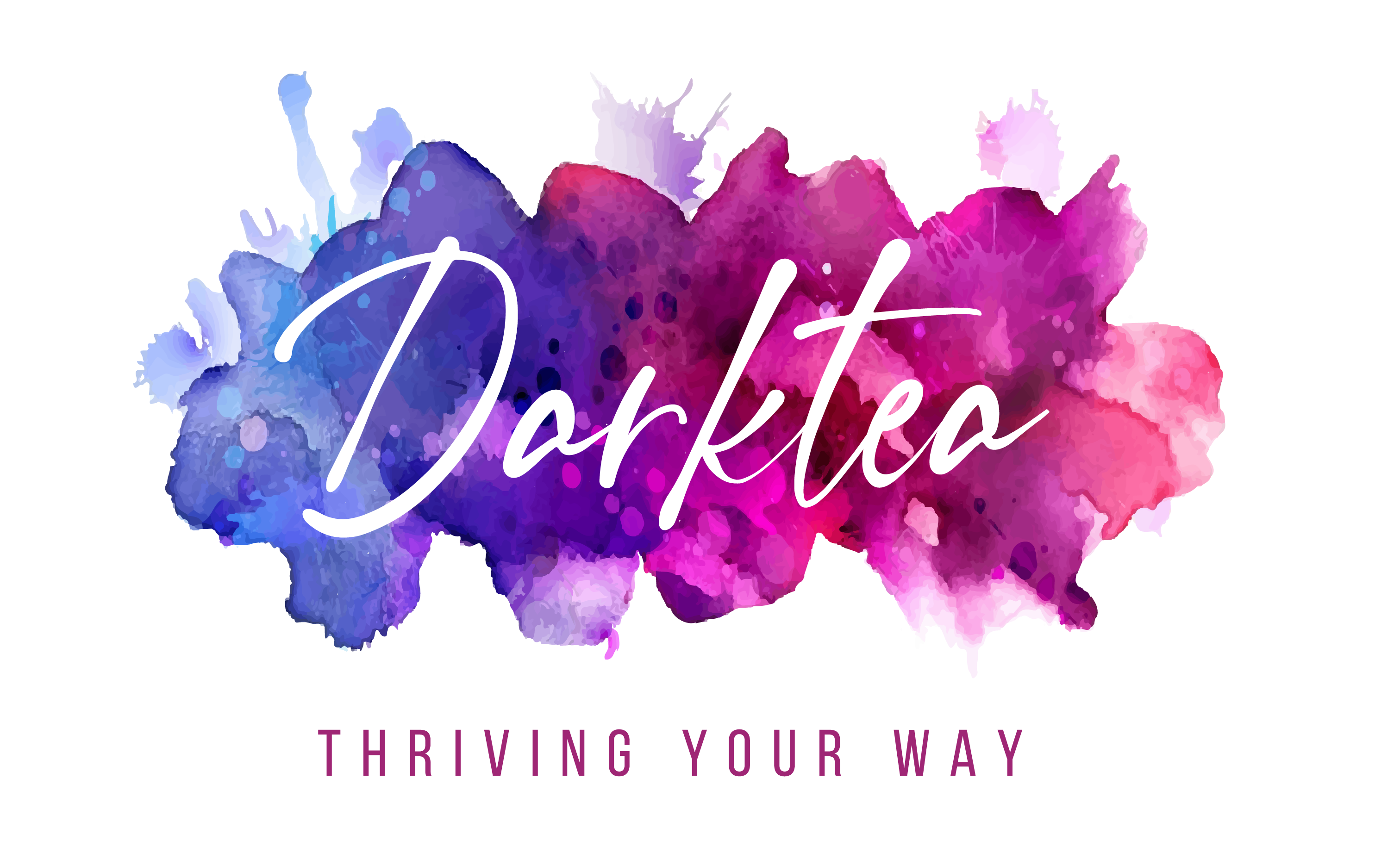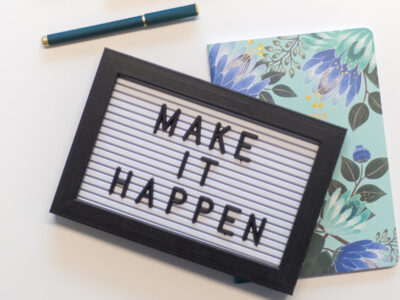Have you ever taken the time to reflect on what you value in life? It’s so easy to get caught up in the daily grind and forget about what’s truly important to us. But, when we take the time to identify and reflect on our personal values, it can improve the quality of our lives. Knowing your values provides a guiding principle to guide your decision-making, gives you a sense of purpose and ultimately leads to a more fulfilling life.
Do you know what’s important in life? It’s easy to get caught up in what society thinks we should value, but knowing your own personal values can bring so much clarity and happiness.

What are Personal Values?
Personal values are the fundamental beliefs and principles that guide our lives, impacting our sense of identity, purpose, and fulfillment. They define what’s important to us and determine how we prioritise different areas of our lives, serving as a compass for our decisions. Values are important to achieving our life goals and becoming the person we want to become. Without knowing our personal values, we may struggle to make choices that align with our true selves.
Your beliefs become your thoughts, your thoughts become your words, your words become your actions, your actions become your habits, your habits become your values, your values become your destiny.
Mahatma Gandhi
Discovering Your Personal Values
Identifying your personal values can take time and introspection. Here are some tips on how you can identify your values. You could use one to get a first list and then use a second or third approach to confirm or adapt them. Remember, everyone’s personal values are unique, so don’t compare yourself or your process to others.
- Look at a list of personal values, and pick out the top values that resonate with you. Think about some specific examples of what those values look like in action (see below for examples)
- think about times when you felt really happy and fulfilled, and ask yourself what values were being met in those moments.
- Asking what’s most important to you. Is it family, honesty, independence, or creativity? Make a list and see if any themes emerge.
- Reflect on your life experiences: Think about the moments in your life that have been most meaningful to you. What values were present in those moments?
- Consider your passions: What do you enjoy doing? What are you passionate about? What activities or causes are you passionate about? What values do they represent?
- Ask your friends, family, or colleagues what they think your values are. Sometimes, we may not be aware of our own values until someone else points them out.
- Pay attention to your emotions: What makes you happy or fulfilled? What makes you feel frustrated or unhappy? Your emotions can be a clue to your values.
Values are like fingerprints. Nobody’s are the same, but you leave ’em all over everything you do.
Elvis Presley
How I identified my values
I’m currently doing a leadership course through work and one session was on Core Leadership. As part of this we looked at values and what they mean for leadership. We were given the list of Universal Human Values produced by Schwatz, and we each picked the 7 that resonated the most with us.
After the session I chose to do a deeper analysis by comparing each value against each other and giving a point to the strong value. Doing this for all the value I got a list of my top 10. I compared this to my initial list and did a sanity check (what did my gut say, did I want to group any etc) and got this list down to my 5 values.
Personal values examples
Here’s a comprehensive list of common values that can help you identify your own. Use this list as a starting point and add your own or combine words into values that make sense to your life. There is no right and wrong approach. You may decide one word isn’t descriptive enough and develop an explanation of what that word means to you. I’ve included a few examples.
– Authenticity — Being true to yourself and your beliefs, even if it’s difficult or unpopular.
– Balance
– Courage
– Creativity — Imagination, make connections between seemingly unrelated concepts and come up with new solutions
– Dependability
– Empathy — Understanding and sharing the feelings of others.
– Freedom
– Gratitude
– Honesty
– Humility
– Independence
– Integrity — Doing the right thing, even when no one is watching.
– Joy
– Kindness
– Leadership
– Loyalty — Standing by someone and showing them that they can always count on you to be there
– Openness
– Optimism
– Patience
– Perseverance — Never giving up in spite of any difficulty or setback.
– Reliability
– Respect
– Responsibility
– Self-care — Prioritizing your physical, emotional, and mental health.
<p>- Self-discipline
– Service — Helping others and making a positive impact on the world.
– Trust
– Wisdom

How to live by your personal values
Knowing your personal values is like having a cheat code for daily life as they are like a compass that helps you make decisions, be resilient through challenges and create a life that aligns with what truly matters to you. This means you become more confident and more fulfilled.
Aligning your choices, actions, and behaviour with your values may be challenging, but it ultimately leads to a more fulfilling and authentic life. When you choose to embody values, you become more intentional in your choices and actions, and you create a life that aligns with what matters to you.
Remember, to embrace your personal values as they make you uniquely you.
Write out your core values on a piece of paper and keep it on you for a whole month to remind you to live a value driven and worthy life each day. After the first month, write down any changes you have experienced.
Nordine Zouareg, InnerFitness
Conclusion
By staying connected to our values, we can make better decisions, establish healthy relationships, and lead a life that brings us happiness and purpose. So don’t be afraid to dive into your value system and start living the life that resonates with you!








 Start Journaling Your Way: A Comprehensive Journal Writing Guide
Start Journaling Your Way: A Comprehensive Journal Writing Guide